Please help us improve PreventionWeb by taking this brief survey. Your input will allow us to better serve the needs of the DRR community.
Women working in science are at the forefront of the fight against COVID-19
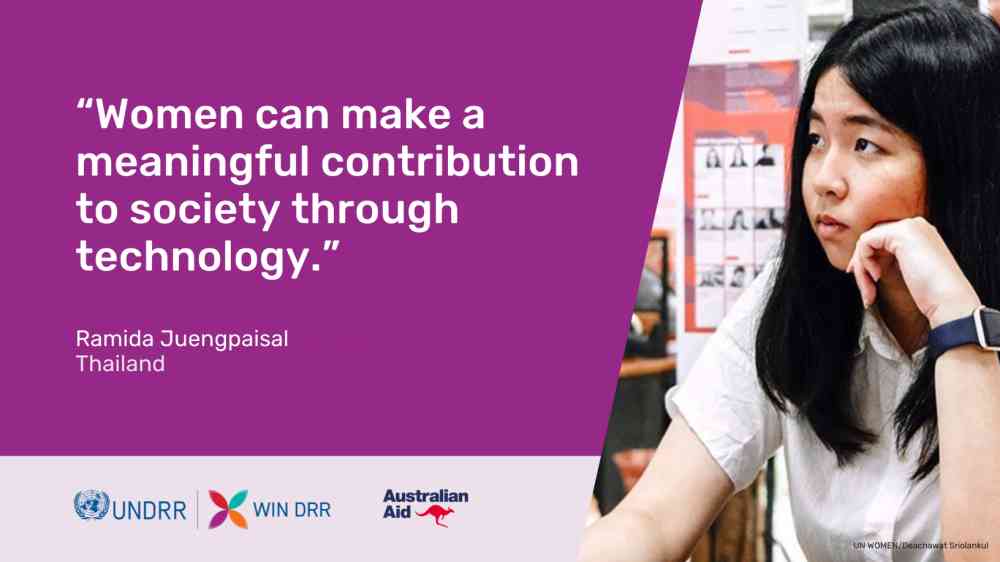
From doctors to science communicators, pathologists to tech innovators, women are playing a critical role in building understanding of the COVID-19 virus, developing techniques for testing and treating patients, and using tech and innovation to share credible information that counters the spread of misinformation.
WIN DRR is a programme supported by the Government of Australia and UNDRR that promotes women’s leadership in disaster risk reduction. Join WIN DRR on Twitter or LinkedIn. If you are, or know, a woman who should be profiled in this series, we’d love to hear from you.
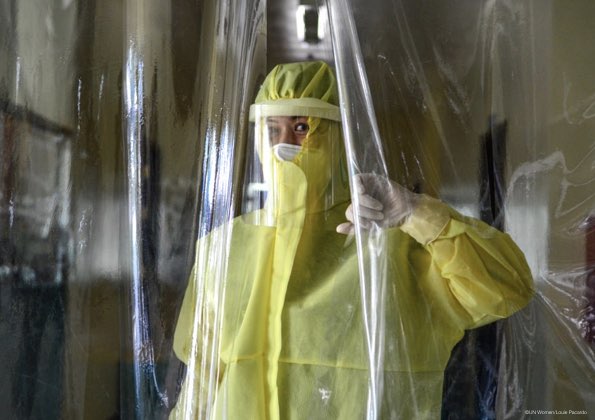
Image: UN WOMEN/Louie Pacardo
Philippines
“At this time of the COVID pandemic, let us set aside politics, our selfishness, pride, envy, fear,” Pamela says. “Let us think not only of ourselves but also of our loved ones and the community.”
Pamela Grace P. Español-Solano is one of nine female doctors volunteering at a COVID-19 facility in southern Philippines. She left her home, where she lives with her husband and daughter, to stay full-time at the SOCCSKSARGEN General Hospital COVID-19 facility.
“Recruitment of doctors, nurses, and other health-care workers has been a problem,” she says. “We encountered and overcame a lot of challenges. But I am confident because I have the best teammates.”
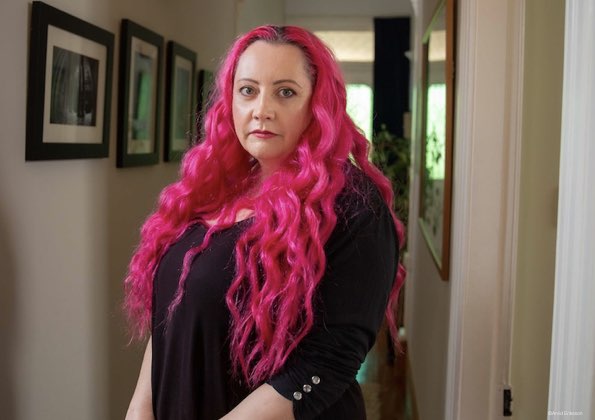
Image: Arvid Eriksson
Aotearoa/New Zealand
“There are plenty of women who want to have jobs in science,” says Dr Siouxsie Wiles, “but often the environment that they're moving in is not a supportive one.”
Dr Siouxsie Wiles MNZM is a microbiologist and science communicator based in New Zealand. Her specialist areas are infectious diseases and bioluminescence.
“Women will tend to leave because it's not a great place to work or there are systemic barriers and sexism that goes into who gets grants, who gets to publish in journals and who gets cited,” she says. “All of those kinds of things actively push women out.”
Dr Wiles has a public profile for her concise and fact-based explanations of complex science subjects, including COVID-19. “I’ve seen my role in making sure that the public in New Zealand have understood why the government have made the decisions that they’ve made and why it was important that people followed the advice the government was putting out.”
Despite the positive responses she has received, she has also faced a significant amount of online abuse. “It was very clearly both my identity as a woman but also having pink hair,” she says, “it has been very challenging to some people who say, ‘You are not what an expert should look like.’”
She says that women and diversity more generally in science will bring different characteristics and change the way people think about evidence-based approaches in science and public policy.
“Women bring a little bit more compassion,” she says. “I think we've seen this in leadership roles as well. It’s not an inherently feminine trait, men can be compassionate but somehow there's something about the women we've had in these positions who have brought that something different.”
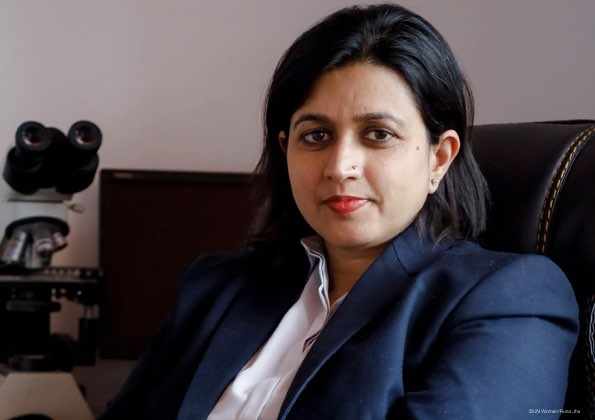
Image: UN WOMEN/Runa Jha
Nepal
‘It is quite a challenging time for us,” says Dr. Runa Jha. “In many other countries, they have well-established labs with experienced scientists who have spent almost an entire life in the field. Nepal has limited resources, but we are trying hard.”
Dr. Runa Jha is the Chief Pathologist and Director at the National Public Health Laboratory in Nepal, which is linked with 277 government laboratories across the country and is the only lab authorized to conduct COVID-19 testing. Jha, along with 67 team members, is playing a crucial role in the front-line response to COVID-19.
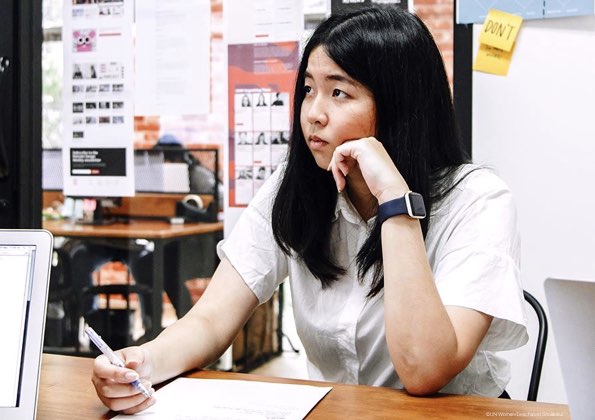
Image: UN WOMEN/Deachawat Sriolankul
Thailand
“I believe that women can make a meaningful contribution to society through technology,” says Ramida. “We should have more diversity in the tech industry.”
Ramida Juengpaisal is a 24 year old digital product designer and front-end developer from Thailand who has been using technology to provide credible information about COVID-19 that counters the spread of misinformation on social media.
“For too long, the STEM fields have been shaped by gender biases that exclude women and girls” she says. “There are a lot of women working in the tech industry, but they don't have platforms to show their potential. Despite this, women and girls are pushing the boundaries every day.”
Explore further
Please note: Content is displayed as last posted by a PreventionWeb community member or editor. The views expressed therein are not necessarily those of UNDRR, PreventionWeb, or its sponsors. See our terms of use
Is this page useful?
Yes No Report an issue on this pageThank you. If you have 2 minutes, we would benefit from additional feedback (link opens in a new window).